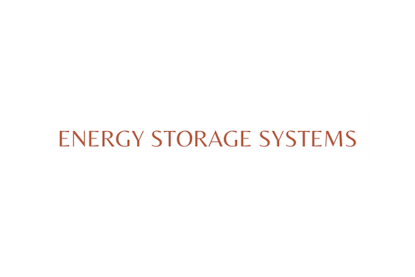
What Kinds of Energy Storage Systems Do Professional Electricians Typically Install?
Professional electricians typically install various kinds of energy storage systems depending on the specific needs and requirements of their clients. Some common types of energy storage systems that electricians install include:
• Batteries: Electricians can install batteries, such as lithium-ion batteries, to store energy generated from solar panels, wind turbines, or other renewable energy sources. These batteries can be used to power homes or businesses when renewable energy sources are not producing enough electricity.
• Capacitors: Electricians can install capacitors to store energy in electrical fields. Capacitors are often used for short-term energy storage, such as in uninterruptible power supply (UPS) systems.
• Flywheels: Electricians can install flywheels, which are rotating devices that store energy as kinetic energy. Flywheels can provide short-term energy storage and are often used in data centers and other critical facilities.
• Thermal storage: Electricians can install thermal storage systems, such as ice storage or hot water storage tanks, to store excess energy in the form of heat. These systems can be used to provide heating or cooling when needed.
• Pumped hydro storage: Electricians can install pumped hydro storage systems, which involve pumping water uphill during times of low demand for electricity, and then releasing the water to generate electricity during times of high demand.
• Compressed air energy storage: Electricians can install compressed air energy storage systems, which involve compressing air and storing it in underground caverns or tanks. The compressed air can be released to generate electricity when needed.
Overall, professional electricians can provide a variety of energy storage solutions depending on the specific needs and goals of their clients.







